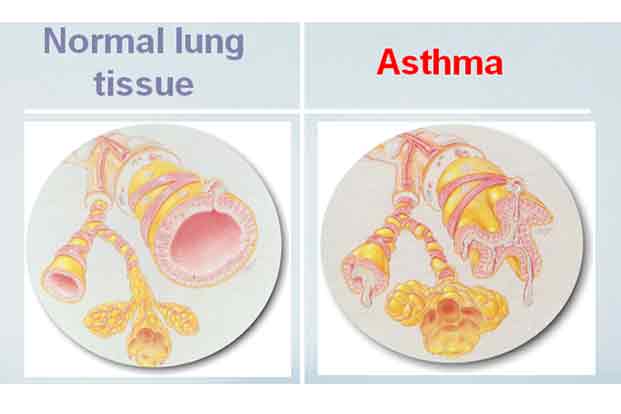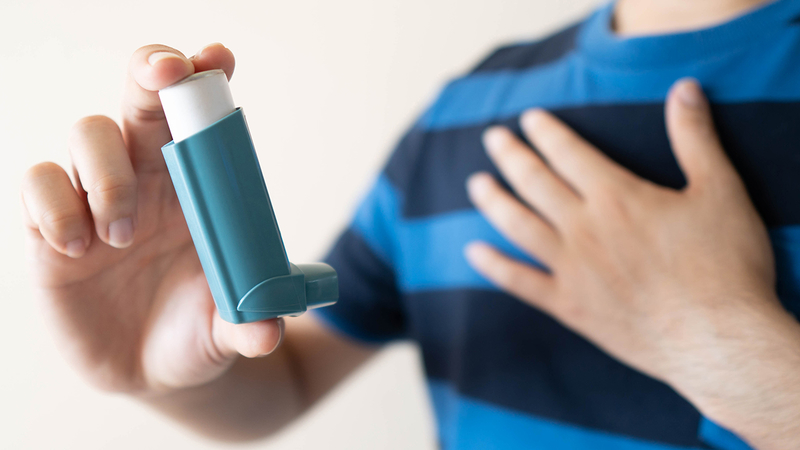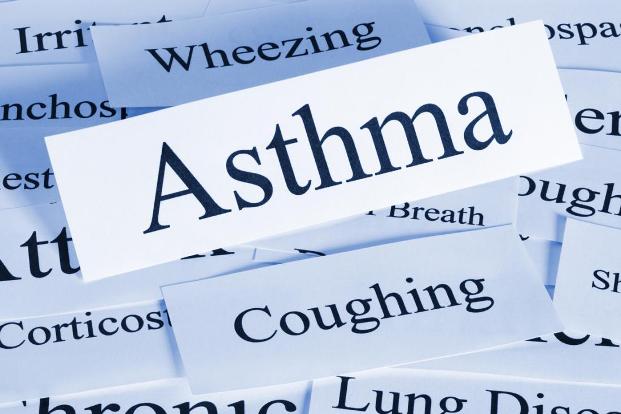Categories
- Bariatric Surgery (11)
- Black Fungus (5)
- Bone Marrow transplant (3)
- Brain Tumor Surgery Navigation Technology (20)
- Cardiac Surgery (66)
- Cardiology (97)
- Computer navigation technology for joint replacements (20)
- Covid Vaccination (17)
- Critical Care (2)
- Dental (19)
- Dermatology (31)
- Dialysis Support Group - “UTSAAH” (11)
- Dietitian (33)
- Emergency Medicine (4)
- Emotional Health (11)
- Endocrinology (33)
- ENT (20)
- Gastroenterology and GI Surgery (53)
- General and Laparoscopic Surgery (21)
- General Surgery (4)
- Gynecology & Obstetrics (183)
- Hematology (20)
- Internal Medicine (294)
- Kidney Transplant (50)
- Kidney Transplantation (20)
- Lung Cancer (8)
- Minimal Invasive Surgery (1)
- Mother & Child (20)
- mucormycosis (5)
- Nephrology (61)
- Neurology (147)
- Neurosurgery (68)
- Nutrition and Dietetics (107)
- Omicron Variant (1)
- Oncology (288)
- Ophthalmology (10)
- Orthopaedics & Joint Replacement (86)
- Paediatrics (59)
- Pediatric Nephrology (3)
- Physiotherapy (5)
- Plastic & Reconstructive Surgery (6)
- Psychiatry and Psychology (90)
- Psychologist (28)
- Pulmonology (72)
- Rheumatology (13)
- Spine Services (21)
- Transradial Angioplasty (16)
- Urology (84)
Query Form
Posted on Apr 19, 2022
How Does Asthma Affects Lungs
Asthma is a common disease that involves inflammation (cellular injury) and narrowing of the airways leading to the lungs. Asthma can occur in both children and adults.
According to World Health Organisation (WHO), some 235 million people currently suffer from asthma. It is a common disease among children. Its incidence has been increasing in the recent years. Asthma attacks cause significant disruptions to a person’s life. Severe asthma attacks can be life-threatening.

Understanding Asthma:
The airways are tubes that carry air into and out of lungs. The airways are surrounded by smooth muscle along with mucus glands. People who have asthma have inflammation in the airways. The inflammation makes the airways swollen and very sensitive. The airways tend to react strongly to certain inhaled substances. When the airways react, the smooth muscle contracts, it leads to constriction, or narrowing, of the airways. This narrowing causes less air to flow into the lungs. The swelling also can worsen, making the airways even narrower. Cells in the airways might make more mucus than usual. Mucus is a sticky, thick liquid that can further narrow the airways. This chain reaction can result in asthma symptoms. Symptoms can happen each time the airways are inflamed.
Causes of Asthma :
- The causes of asthma are not completely understood. However, the strongest risk factors for developing asthma are a combination of genetic predisposition with environmental exposure to inhaled substances and particles that may provoke allergic reactions or irritate the airways.
- Some of the identified factors include indoor allergens (for example, house dust mites in bedding, carpets and stuffed furniture, pollution and pet dander), outdoor allergens (such as pollens and moulds), tobacco smoke, chemical irritants, air pollution etc.
- Other triggers can include cold air, extreme emotional arousal such as anger or fear, and physical exercise. Even some medicines can trigger asthma: aspirin and other non-steroid anti-inflammatory drugs, and beta-blockers (which are used to treat high blood pressure, heart conditions and migraine).
Signs & Symptoms of Asthma :
Symptoms may occur several times in a day or week in affected individuals, and for some people become worse during physical activity or at night. Symptoms of asthma include:
- Wheezing
- Shortness of breath or difficulty breathing
- Cough and chest tightness
Important point for asthma patients & people attending to them:
Wheezing is a whistling sound made by air partially blocked by narrowed airways. Sometimes the asthma attack is so severe that air cannot flow at all. This is a life-threatening emergency requiring immediate treatment. Asthma symptoms may be triggered by allergic reactions, exposure to cold temperatures, exercise, other lung problems, medications, and environmental factors, especially cigarette smoke. Chest tightness may be a sign that asthma is getting worse or progressing.



